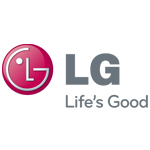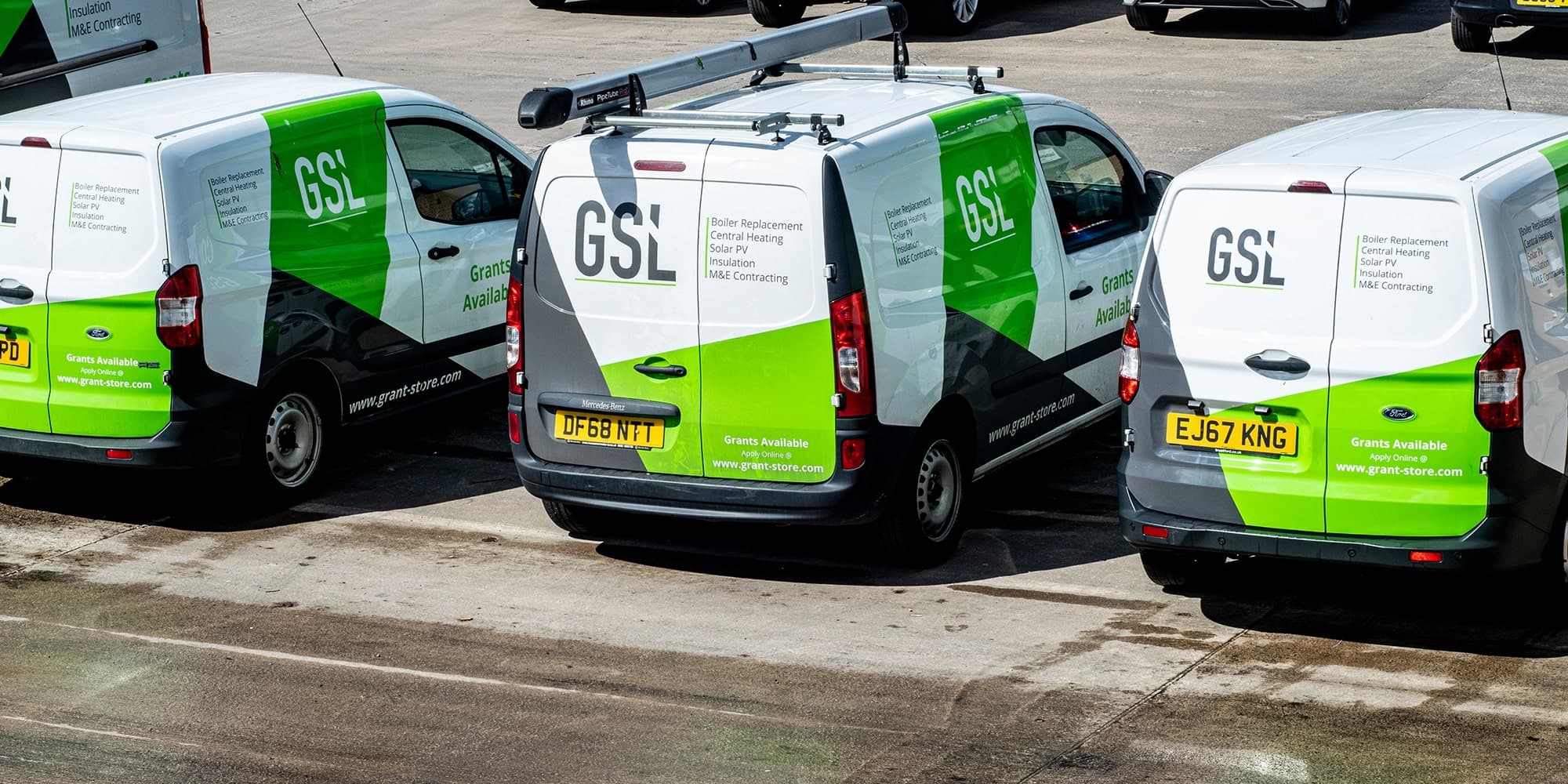July 2nd, 2024
How To Make the Most Out of ECO4 Funding
Written by: Site Editor
ECO4
"*" indicates required fields
LA Flex (the LA stands for Local Authority) is an extension of the Government’s national ECO Funding scheme, but the qualifying criteria are set out by local authorities in a Statement of Intent. This Statement of Intent must be published on the local authority’s website in order for any grant to be processed.
LA Flex (the LA stands for Local Authority) is an extension of the Government’s national ECO Funding scheme, but the qualifying criteria are set out by local authorities in a Statement of Intent. This Statement of Intent must be published on the local authority’s website in order for any grant to be processed.
Each local authority will have its own criteria that have to be met, but the overarching idea is to increase the number of households that are eligible for heating and insulation grants.
There are four different ways in which you might qualify for LA Flex funding via your local council:
Your household has an Energy Performance Certificate (EPC) rating of either E, F or G, with a gross household income that is less than the threshold set by your local authority.
* This cap applies irrespective of the property’s size, composition, or region.
Your household has an EPC rating of D-G and also meets a combination of any two of the following proxy routes:
Proxy 1)
Proxy 2)
A member of your household receives a Council Tax rebate
Proxy 3)
You are a householder classified as being vulnerable to living in a cold home, as identified in the National Institute for Health and Care Excellence (NICE) Guidance
Proxy 4)
You are a householder receiving free school meals due to low income
Proxy 5)
You are a householder supported by an existing LA-run scheme
Proxy 6)
You’ve been referred to the LA for support by either your energy supplier, Citizen’s Advice, or Citizen’s Advice Scotland.
Your household has an EPC rating of D-G and:
These health conditions may be related to cardiovascular, respiratory, immunosuppressive, or limited mobility conditions.
Suppliers and Local Authorities can apply to the Department for Business, Energy, and Industrial Strategy (BEIS) on your behalf when they have identified you as a low-income and vulnerable household that is not already eligible under the existing routes.
Your household has an Energy Performance Certificate (EPC) rating of either E, F or G, with a gross household income that is less than the threshold set by your local authority.
* This cap applies irrespective of the property’s size, composition, or region.
Your household has an EPC rating of D-G and also meets a combination of any two of the following proxy routes:
Proxy 1)
Proxy 2)
A member of your household receives a Council Tax rebate
Proxy 3)
You are a householder classified as being vulnerable to living in a cold home, as identified in the National Institute for Health and Care Excellence (NICE) Guidance
Proxy 4)
You are a householder receiving free school meals due to low income
Proxy 5)
You are a householder supported by an existing LA-run scheme
Proxy 6)
You’ve been referred to the LA for support by either your energy supplier, Citizen’s Advice, or Citizen’s Advice Scotland.
Your household has an EPC rating of D-G and:
These health conditions may be related to cardiovascular, respiratory, immunosuppressive, or limited mobility conditions.
Suppliers and Local Authorities can apply to the Department for Business, Energy, and Industrial Strategy (BEIS) on your behalf when they have identified you as a low-income and vulnerable household that is not already eligible under the existing routes.


















July 2nd, 2024
How To Make the Most Out of ECO4 Funding
Written by: Site Editor
ECO4
June 11th, 2024
Exploring Energy Grants for Pensioners: A Guide to Lowering Your Energy Costs
Written by: Mk Hk
News
June 11th, 2024
Unlocking the Perfect Pair: Solar Panels and Air Source Heat Pumps
Written by: Mk Hk
News
June 11th, 2024
Your Guide to Understanding Energy Performance Certificates (EPCs)
Written by: Mk Hk
News
June 11th, 2024
How to Save on Energy Bills with Universal Credit: A Simple Guide
Written by: Mk Hk
News
June 1st, 2024
Who Qualifies for a Boiler Grant in the UK?
Written by: Mk Hk
News
May 22nd, 2024
Is the UK Government Planning to Ban Gas Energy?
Written by: Mk Hk
News
April 25th, 2024
Your Complete Guide To Off-Gas Property Grants in the UK
Written by: Mk Hk
News
April 24th, 2024
Electric Storage Heaters Buyer’s Guide: Cut Your Bills And Save Some Cash
Written by: Mk Hk
News
April 23rd, 2024
The Energy Crisis Support Scheme: How It Can Help You
Written by: Mk Hk
News
April 23rd, 2024
How To Improve Your Home’s EPC Rating: A Guide to Boosting Efficiency and Reducing Costs
Written by: Mk Hk
News
April 23rd, 2024
The ECO Scheme Explained: A Guide to Greener Living and Lower Bills
Written by: Mk Hk
News
April 23rd, 2024
How to apply for the ECO4 Grant: Everything you need to know
Written by: Mk Hk
News
April 18th, 2024
The Complete Guide to Heat Pumps: Benefits, Costs, Savings, and Efficiency
Written by: Mk Hk
News
March 13th, 2024
What size solar PV system do I need?
Written by: Mk Hk
News
February 27th, 2024
Schemes and Grants To Reduce Your Energy Bills
Written by: Mk Hk
News
November 24th, 2023
How Many Solar Panels Do I Need?
Written by: admin
News
November 23rd, 2023
How Much Money Do Solar Panels Save?
Written by: admin
News
November 22nd, 2023
How Are Solar Panels Made?
Written by: admin
News
November 22nd, 2023
Do You Need Planning Permission For Solar Panels?
Written by: admin
News
November 22nd, 2023
How Much Do Solar Panels Cost?
Written by: admin
News
November 22nd, 2023
How Do Solar Panels Work?
Written by: admin
News
November 20th, 2023
Smart Export Guarantee Rates 2023
Written by: admin
News
November 20th, 2023
Can I Add a Battery to my Solar System?
Written by: admin
News
November 20th, 2023
How Do You Store Solar Energy?
Written by: admin
News
October 3rd, 2023
Solar panels: are they worth the cost?
Written by: admin
News
September 19th, 2023
How efficient are solar panels?
Written by: admin
News
September 19th, 2023
Do solar panels boost home value?
Written by: admin
News
September 19th, 2023
Solar panels: the pros and cons explained
Written by: admin
News
September 19th, 2023
Energy Costs: Schemes and grants that save
Written by: admin
News
The Great British Insulation Scheme is a government program, running until March 2026, that helps homeowners and tenants in the UK improve their home’s energy efficiency. By installing insulation, you can reduce your energy bills and make your home more comfortable.
Yes, the UK Government will pay for insulation via a number of different schemes, grants, and loans to help homeowners make their homes more energy efficient. Some of these schemes include:
ECO (Energy Company Obligation): This scheme requires energy companies to help homeowners make their homes more energy efficient. The amount of help you can receive will depend on your income and your home’s energy efficiency rating.
ECO+ (Energy Company Obligation Plus): This scheme is a new version of the ECO scheme that was launched in spring 2023. It offers more generous grants for insulation measures and is open to a wider range of homeowners.
Home Energy Saving Fund (HESF): This fund provides grants to help homeowners in low-income households make their homes more energy efficient.
Cavity Wall Insulation Rebate Scheme (CWIS): This scheme offers a rebate to homeowners who install cavity wall insulation. The rebate is equal to the cost of the insulation, up to a maximum of £1,000.
Have questions about any of these schemes? Speak to our team of experts, who’ll be happy to help out
To qualify for funding from something like the Great British Insulation Scheme or LA Flex funding, you have to meet a set of criteria. These are usually related to homeowner status, the EPC rating of your home, if you are claiming certain benefits, your total household income, or your overall health.
